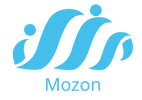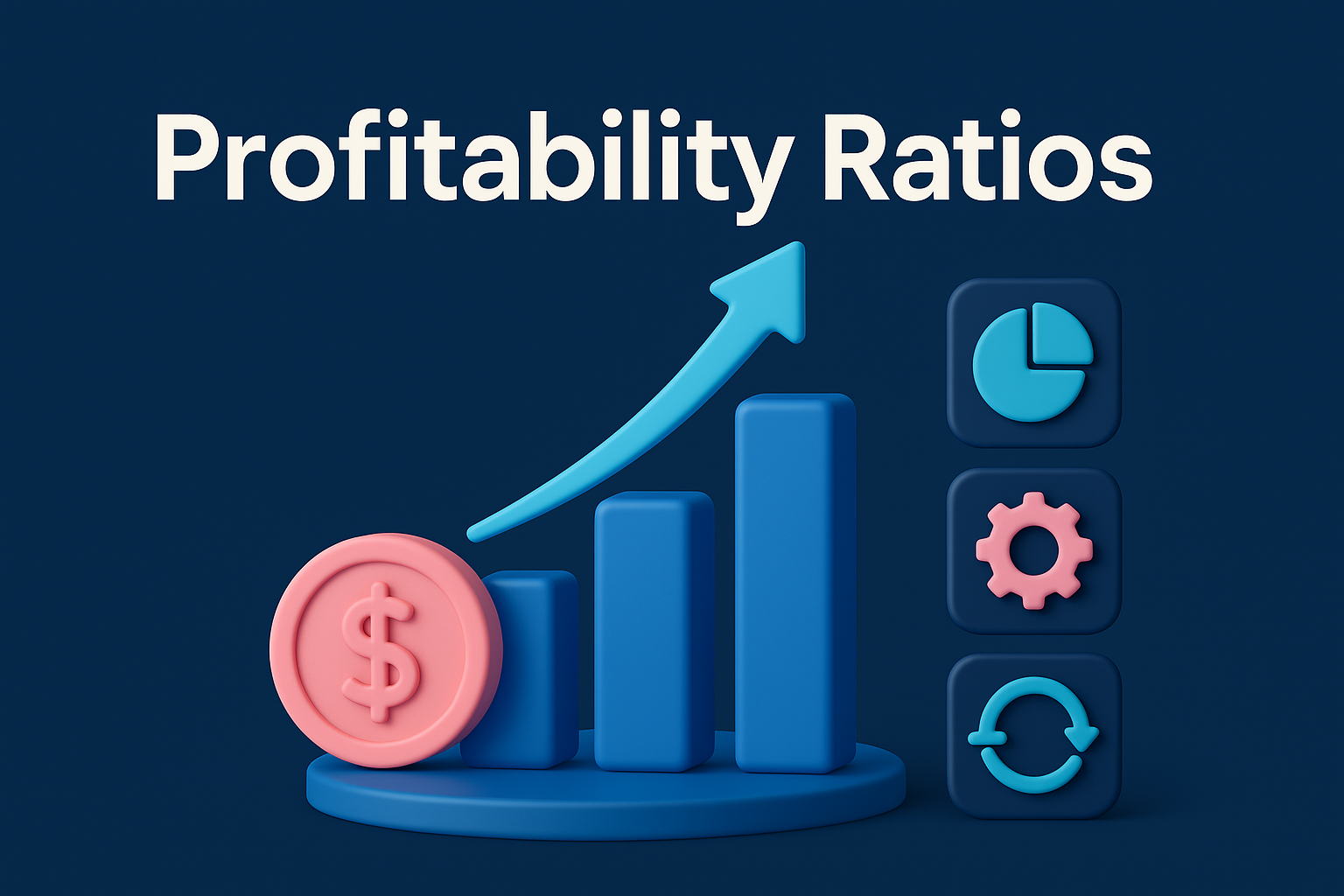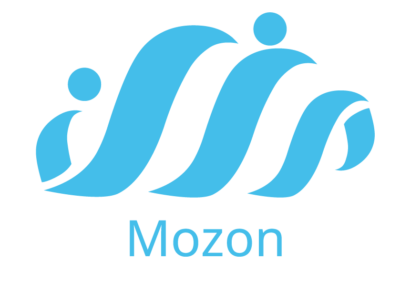Introduction
The business world has never been more complex. Organizations face rising competition, technological disruption, shifting customer expectations, and mounting pressure for sustainable practices. In such a climate, simply having tools is not enough—companies must adopt strategic business tools that directly support decision-making, growth, and transformation.
These tools are not tactical or transactional. They are strategic enablers, giving leaders the ability to align operations with vision, uncover hidden insights, and sustain performance. In this article, we explore what makes a tool strategic, the main categories, benefits, challenges, and how to adopt them. We will also see how Mozon Technologies delivers solutions designed as true strategic business tools.
1. What Are Strategic Business Tools?
A business tool becomes strategic when it enables organizations to:
Align daily operations with long-term strategy
Gain foresight into opportunities and risks
Build resilience against disruption
Innovate and scale sustainably
Create measurable value for stakeholders
Unlike traditional tools, which may automate a single function, strategic tools integrate, analyze, and empower across the business.
Traditional Tools vs Strategic Tools
| Aspect | Traditional Tools | Strategic Business Tools |
|---|---|---|
| Purpose | Support individual tasks | Align tasks with business strategy |
| Scope | Narrow (finance only, HR only, etc.) | Enterprise-wide (ERP, BI, Analytics) |
| Insight | Historical, reactive | Predictive, real-time, proactive |
| Integration | Often siloed | Fully connected across departments |
| Impact | Operational efficiency only | Efficiency + growth + innovation |
2. Categories of Strategic Business Tools
a) Enterprise Resource Planning (ERP)
ERP systems unify finance, HR, inventory, procurement, and supply chain under one platform. They provide a single source of truth and streamline workflows.
Example: In Syria, Lebanon, or Jordan, many SMEs are shifting from spreadsheets to ERP to unify operations and ensure compliance.
Key outcomes: faster reporting, less duplication, scalable infrastructure.
b) Business Intelligence (BI) & Analytics
BI tools transform raw data into insights through dashboards, KPIs, and predictive analytics.
Example: Sales leaders track daily performance of representatives and adjust strategies instantly.
Strategic benefit: Data-driven decision-making instead of gut feeling.
c) Automation Tools
Automation reduces manual effort in payroll, approvals, invoicing, and reporting.
Example: HR teams use automated leave requests and payroll, freeing managers to focus on talent development.
Strategic benefit: frees human capital for innovation.
d) Customer & Experience Management
CRM and customer journey tools let organizations personalize experiences, forecast demand, and enhance loyalty.
Strategic benefit: Customer-centric growth.
e) Innovation Tools
Digital twin, scenario modeling, and AI-driven innovation platforms allow companies to simulate outcomes and prepare for disruption.
f) Sustainability & ESG Tools
With global focus on ESG, businesses use sustainability dashboards to track emissions, energy use, and compliance. These tools are now strategic differentiators for investors and customers alike.
3. Benefits of Strategic Business Tools
Integrated Visibility – leaders see finance, operations, and customers in one view.
Agility – ability to respond faster to market changes.
Operational Excellence – streamlined workflows save time and money.
Customer Loyalty – better engagement and personalization.
Competitive Edge – companies innovate faster and smarter.
Sustainability & Compliance – avoid regulatory risk and build stronger reputations.
4. Step-by-Step Framework for Adopting Strategic Tools
Assess Current State
Map processes, identify inefficiencies, and note pain points.
Align with Strategy
Tools must connect with long-term vision, not just solve tactical problems.
Select Tools Carefully
Choose scalable, integrable platforms like ERP, BI, or AI-enabled solutions.
Change Management
Train employees, communicate benefits, and reduce resistance.
Measure ROI
Define clear KPIs for adoption, efficiency, cost reduction, and growth.
Continuous Improvement
Strategic tools evolve. Regular updates and enhancements ensure lasting value.
5. Industry Use Cases
Manufacturing
ERP + Automation = reduced waste, optimized supply chain.
Example: A Syrian textile company could integrate raw material procurement with production forecasting.
Retail & Trade
BI + CRM = customer loyalty and sales growth.
Example: A retailer in Amman tracks buying behavior to create personalized offers.
Healthcare
ERP + BI = patient data management and cost control.
Example: A private hospital reduces billing errors and improves transparency.
Education
ERP + Analytics = streamlined student records and better resource allocation.
Example: Universities track student performance, faculty load, and budget utilization.
6. Challenges in Implementing Strategic Tools
High upfront costs
Integration complexity with legacy systems
Employee resistance
Cybersecurity risks
Vendor dependency
7. Future of Strategic Business Tools
AI everywhere: predictive analytics and autonomous decision support.
Cloud dominance: SaaS strategic tools becoming default.
Low-code tools: empowering non-technical staff.
Embedded ESG metrics: every tool aligned with sustainability.
Connected ecosystems: partner networks sharing real-time data.
8. Mozon Technologies: Your Partner for Strategic Tools
Mozon Technologies provides solutions designed as true strategic business tools, including:
ERP Systems for end-to-end integration
EagleEye BI for KPI monitoring and insights
HR, Education, and Real Estate modules tailored to industries
Flexible deployment (cloud or on-premise)
Localization for Middle Eastern standards
👉 Discover more: Mozon Technologies
9. Frequently Asked Questions
Q1: Why are strategic business tools important?
Because they help companies align daily operations with long-term goals, improve efficiency, and gain competitive advantage.
Q2: What’s the difference between ERP and BI as tools?
ERP integrates processes, while BI turns data into insights. Together, they form a powerful strategy engine.
Q3: Can small businesses benefit from strategic tools?
Yes, modern ERP and BI systems are scalable for SMEs.
Q4: How do strategic tools support sustainability?
By tracking ESG metrics and optimizing resource usage.
Conclusion
Strategic business tools are no longer optional. They empower businesses to transform operations, gain insights, engage customers, and compete in the digital age. The future belongs to organizations that choose tools aligned with strategy and adopt them with vision.
With Mozon Technologies, enterprises can access ERP, BI, and sector-specific solutions designed to be more than software—they are strategic enablers of growth.
👉 Learn more: Mozon Home





